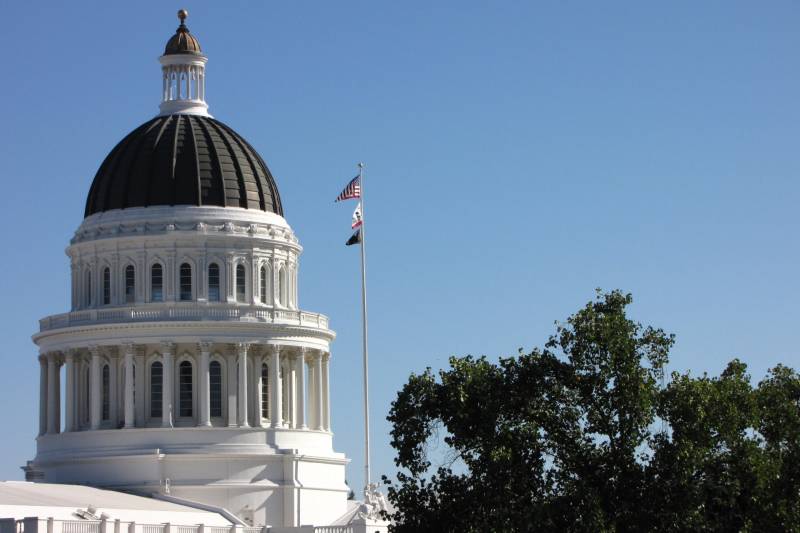Silicon Valley is infamous for making prospective and departing employees sign agreements designed to prevent them from speaking out about just about everything. But in recent years, state lawmakers have been chipping away at that legal practice.
They go by many names: non-disclosure, non-disparagement and confidentiality agreements. Some you sign to get the job, some you sign on the way out. They’re all intended to keep people silent about what goes on behind closed doors. And while initially “NDAs” were mainly about protecting trade secrets, the #MeToo movement and the Black Lives Matter movement — along with the broader effort toward racial justice — have exposed the way the NDA also serves as corporate cover for illegal behavior.

